
What Not to Include in a Will in New York
What Not to Include in a Will Creating a will is an essential step in ensuring your assets are distributed according to your wishes after


Home » Blog

What Not to Include in a Will Creating a will is an essential step in ensuring your assets are distributed according to your wishes after

Medicaid Application Process in New York: A Comprehensive Guide Introduction Medicaid is a vital government program that provides healthcare coverage to eligible low-income individuals and
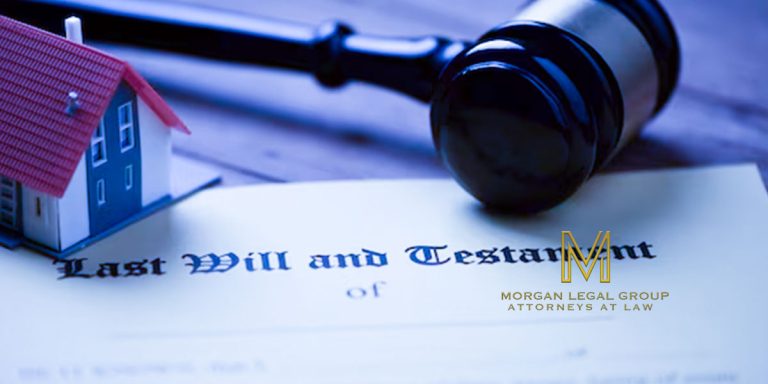
Contesting a Will in New York and Its Impact on Medicaid Spend Down Contesting a will is a legal process in which individuals raise objections

How a Revocable Living Trust Can Affect Medicaid Spend Down Medicaid serves as a vital safety net for many individuals in New York who require
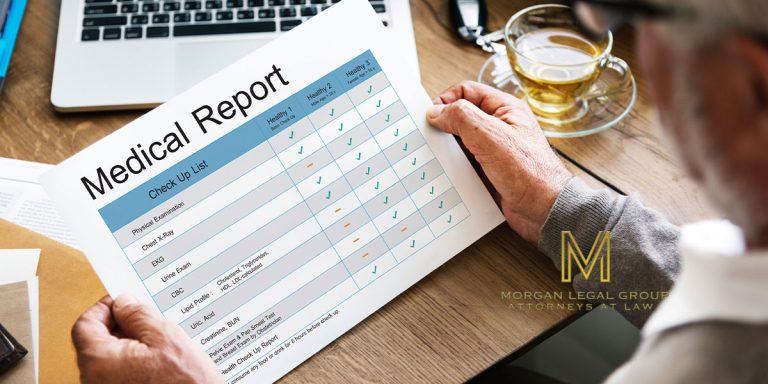
The Look-Back Period in New York When it comes to Medicaid planning in New York, understanding the concept of the look-back period is essential. This

Medicaid and Home Care in New York: A Comprehensive Guide Medicaid, a joint federal and state program, plays a crucial role in providing healthcare coverage
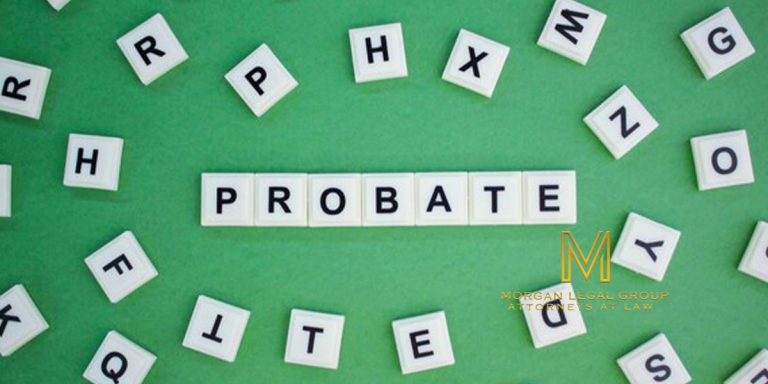
Initiating the Probate Process in New York The probate process in New York is a court-supervised procedure that validates a deceased person’s will, appoints an
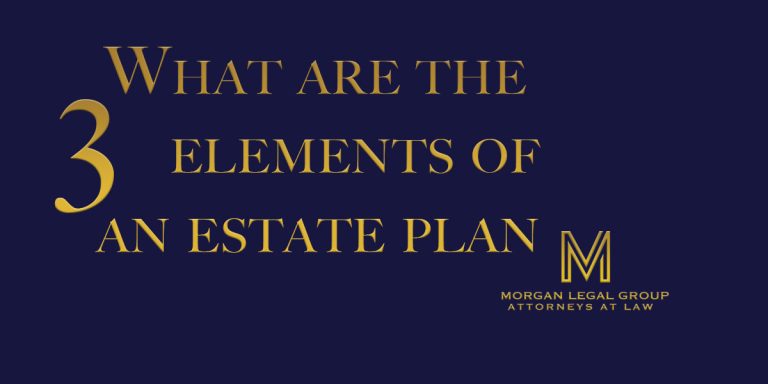
The Three Elements of an Estate Plan in New York Planning for the future is a responsibility that every individual and family should take seriously.

Special Needs Trust In New York A Special Needs Trust (SNT), also known as a Supplemental Needs Trust, is a legally recognized arrangement designed to

What Issues Can Elder Law Planning Help With? Individuals often encounter various legal, financial, and healthcare challenges as they age. Elder law planning is a

The Transfer of Home Ownership and Its Impact on Medicaid Eligibility When it comes to Medicaid eligibility and planning for long-term care, one of the

Real Estate Closings in NYC Real estate transactions in New York City are known for their complexity and fast-paced nature. Whether you are buying or

Examples of Estate Planning Introduction Estate planning is a vital process that allows individuals to protect their assets and ensure their wishes are carried out
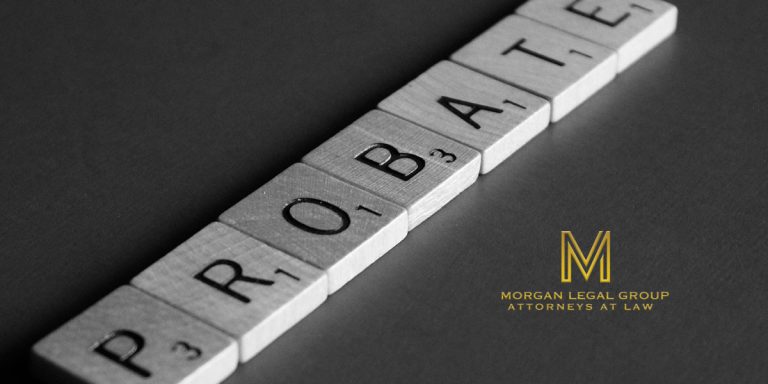
Is Probate Required in New York? Introduction Probate is a legal process that involves validating and executing a deceased person’s will, settling their debts, and

Introduction In the realm of estate planning and probate, the size of an estate can significantly impact the complexity and cost of settling one’s affairs.

Introduction Creating a will is a fundamental step in estate planning, allowing individuals to outline their wishes regarding asset distribution, guardianship of minor children, and
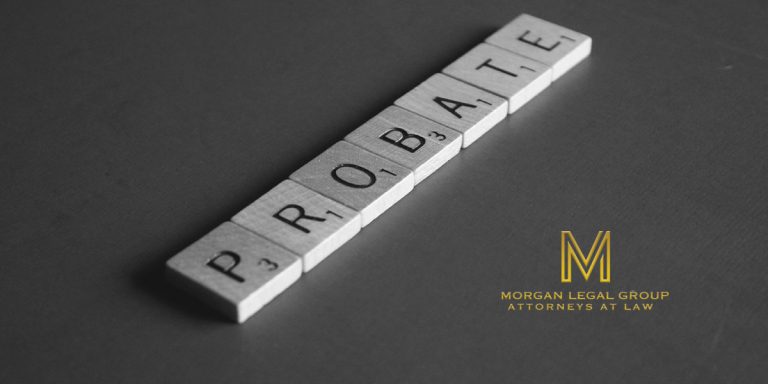
Introduction Probate is the legal process by which a deceased person’s estate is settled, assets are distributed to heirs and beneficiaries, and outstanding debts and

Introduction Regarding estate matters in New York, not all estates are created equal. In fact, the size of an estate can significantly impact the legal
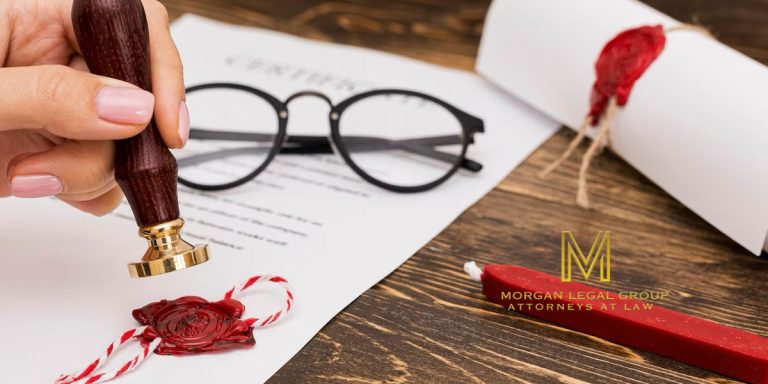
Introduction Probate is a legal process that validates a deceased person’s will and ensures that their assets are distributed according to their wishes. In New

Introduction Regarding estate planning in New York, individuals often encounter various rules and regulations that govern how their assets are transferred to heirs and beneficiaries.

Introduction Planning your estate is a crucial step in securing your financial future and ensuring that your assets are distributed according to your wishes. When
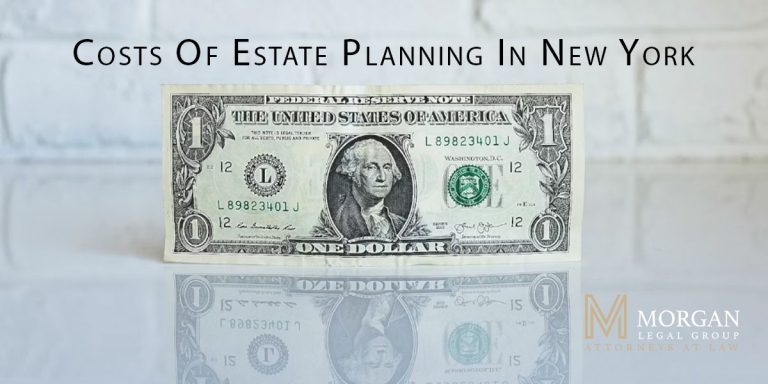
Introduction: Morgan Legal Group, a distinguished estate planning firm in New York City, is committed to providing comprehensive insights into the complexities of estate planning
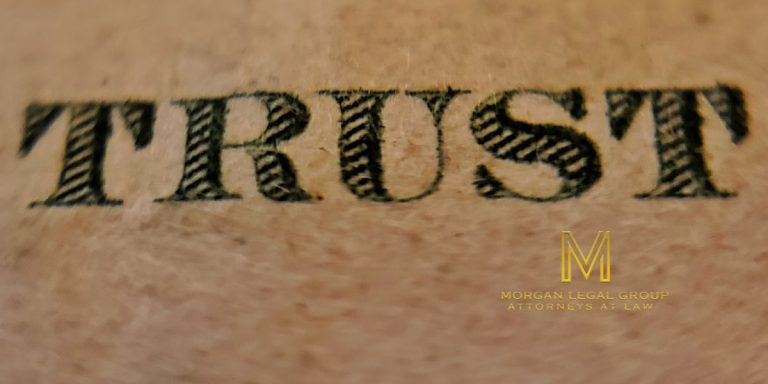
Introduction to Pooled Income Trusts Welcome to Morgan Legal Group P.C., your trusted source for information on pooled income trusts in New York. Pooled income
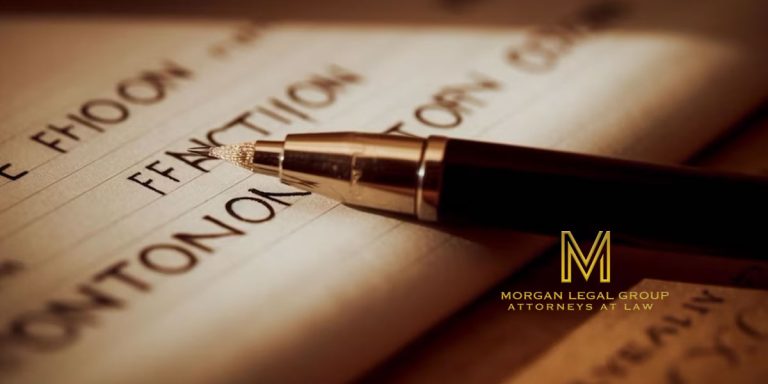
Your Trusted Probate Attorneys in New York Welcome to Morgan Legal Group, your go-to source for expert guidance on probate proceedings in the state of
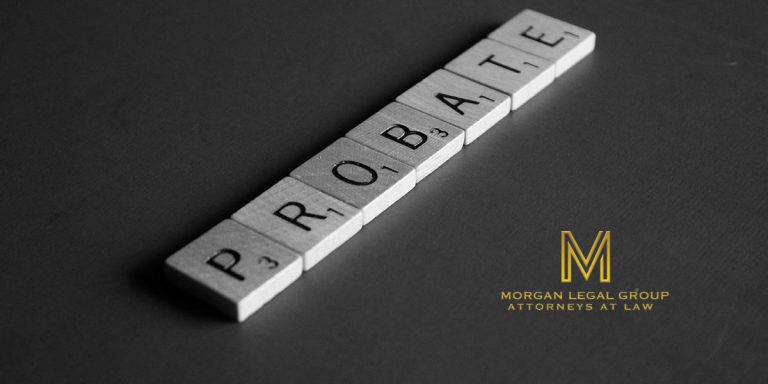
Introduction Welcome to Morgan Legal Group P.C., your trusted legal partner in New York City. In this comprehensive guide, we will explore the intricate process
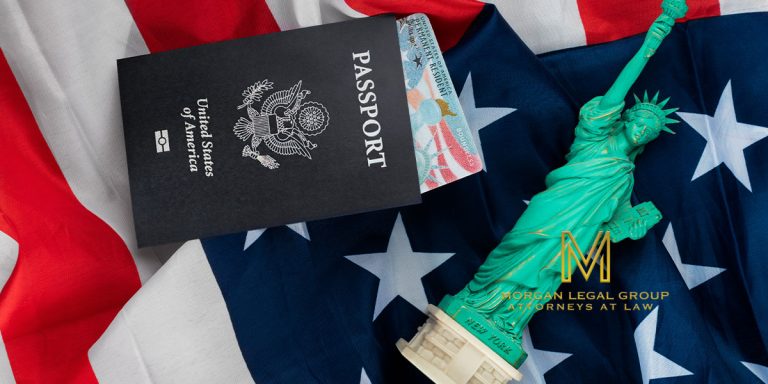
Welcome to Morgan Legal Group P.C. At Morgan Legal Group P.C., we are dedicated to providing expert legal assistance in immigration matters for clients in

Introduction Article 81 guardianship is a critical legal process in New York that helps protect individuals who cannot manage their personal and financial affairs due

Introduction Elder law encompasses a wide range of legal issues that affect senior citizens and their families. In New York City, as in many urban
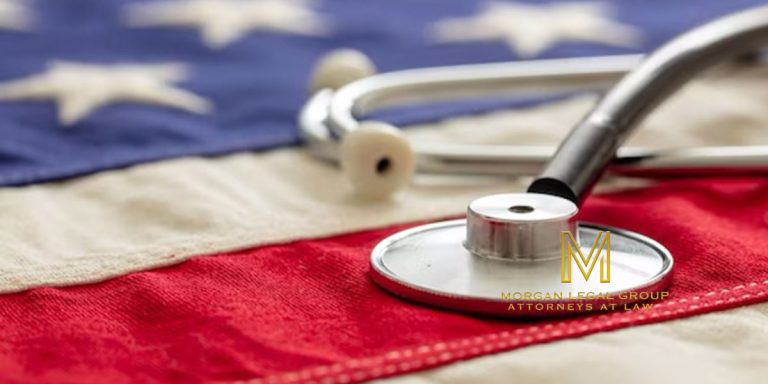
Introduction Medicaid is a crucial government program that provides healthcare coverage to eligible individuals with limited financial resources. For many seniors and individuals with disabilities
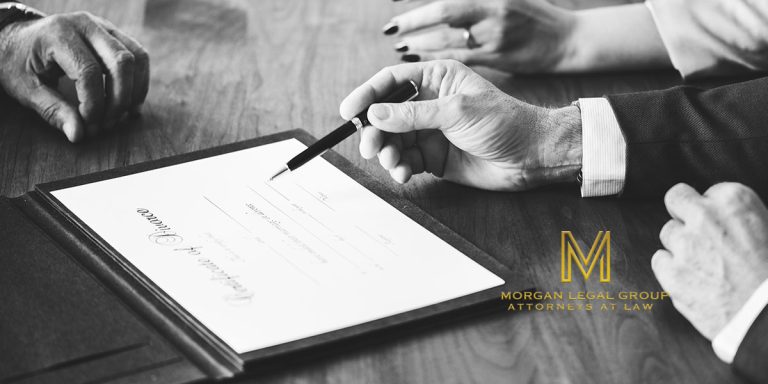
Introduction to Probate Proceedings Probate is the legal process through which a deceased person’s estate is administered and their assets are distributed. In New York
Ⓒ 2025 - All Rights Are Reserved | Privacy Policy | Estate Planning Attorney NYC | Sitemap